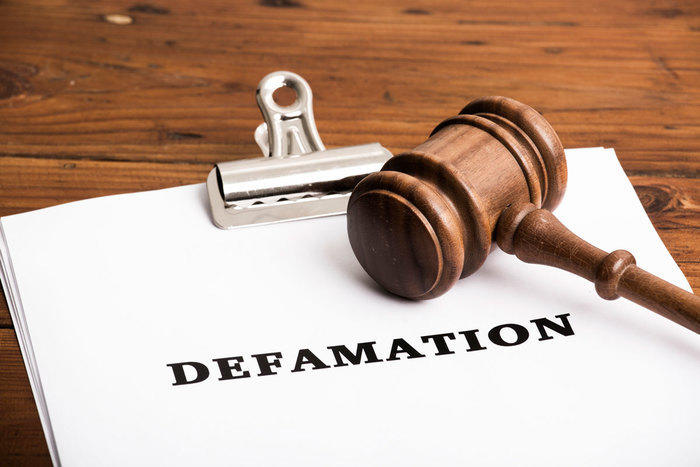Defamation law is a crucial aspect of protecting individuals from false and damaging statements that can harm their reputation. It serves as a legal recourse for individuals who have been wrongfully accused or undermined through malicious words or falsehoods. Understanding the intricacies of defamation law is important for both those who may be victims of defamation and those accused of making defamatory statements.
Whether it be through slander (spoken defamation) or libel (written defamation), the impact of false statements can have far-reaching consequences on an individual’s personal and professional life. By delving into the specifics of defamation law, individuals can gain a better understanding of their rights and how to seek redress if they believe they have been defamed. This article will explore the nuances of defamation law, including what constitutes defamation, the elements that need to be proven in a defamation case, and the potential remedies available to both plaintiffs and defendants in defamation lawsuits.
The Definition of Defamation
Defamation is a legal concept that encompasses false statements made about an individual that harm their reputation. These statements can be communicated through slander, which involves spoken words, or through libel, which involves written words or other permanent forms of communication. To have a successful defamation claim, the plaintiff must prove that the statement was untrue, communicated to a third party, and caused harm to their reputation. It is essential to seek legal guidance from experts in defamation law to determine the best course of action in such situations. Understanding สิ่งที่ควรรู้เกี่ยวกับการหมิ่นประมาทในทางกฎหมาย can empower individuals to protect their reputation and seek justice.

Elements of a Defamation Case
In a defamation case, several elements need to be established to prove that defamatory statements were made. These elements typically include proving that the statement was false, that it was published or communicated to a third party, and that it caused harm to the individual’s reputation. Additionally, in cases involving public figures or officials, the plaintiff may also need to prove actual malice, meaning that the defamatory statement was made with reckless disregard for the truth. Understanding these elements is crucial for both plaintiffs and defendants in defamation lawsuits to navigate the legal process effectively. By gaining insights into สิ่งที่ควรรู้เกี่ยวกับการหมิ่นประมาทในทางกฎหมาย, individuals can make informed decisions and protect their rights in cases involving defamation.
In conclusion, defamation law plays a crucial role in safeguarding individuals’ reputations from false and harmful statements. Whether it involves slander or libel, the lasting impact of defamatory statements can have serious repercussions on a person’s personal and professional life. By understanding the definition of defamation and the key elements of a defamation case, individuals can navigate the legal process effectively and seek justice for any harm caused to their reputation. Seeking legal guidance in cases of defamation is essential to protect one’s rights and reputation in the face of false accusations. It is imperative for individuals to be knowledgeable about defamation law to empower themselves in seeking redress and holding those responsible for defamatory statements accountable.

Leave a Reply